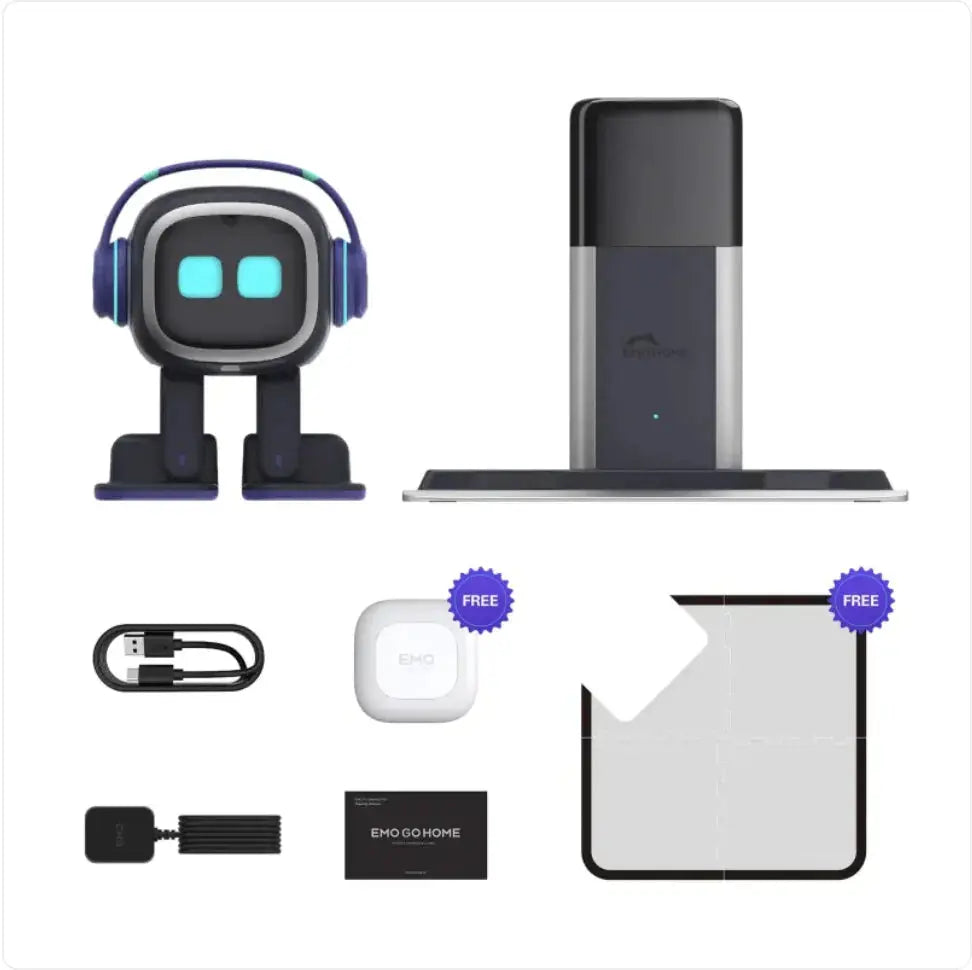FAQs
Understanding FAQs and Their Importance
Q#1: How do I subscribe to your newsletter?
Answer: In the footer of the homepage, there is a text box under “Sign up for our newsletter” where you can enter your email address. You will then receive an email notifying you that you are subscribed.
Q#2: I can't find an item that I am looking for?
Answer: Please contact us through email and we will do our best to help.
Q#3: What's my order status?
Answer: You can track your order any time when it is shipped and can check your order status.
Q#4: How do I cancel my order?
Answer: Depending on the status of your order, we may not be able to cancel it.
Q#5: Can I exchange my order?
Answer: We are currently not set up for exchanges.
Q#6: I forgot to add an item to my order; can I make a change before it ships?
Answer: Once your order has been completed, the order goes almost immediately to processing and then it’s sent to the warehouse to ship. To get your order to you as fast as possible, no changes can be made at this stage. Please place a new order
Q#7: Can I make a change to my billing or shipping address before my package ships?
Answer: You may change your shipping address after you place an order by contacting customer service.
What are FAQs and Why are They Important?
FAQs, or Frequently Asked Questions, are a collection of common inquiries that provide users with quick and straightforward answers. They help in reducing customer inquiries by compiling important information in one place. Moreover, FAQs assist businesses in enhancing user experience because they address prevalent concerns, providing users with immediate assistance without the need to reach out for support.
How Can FAQs Benefit Users?
For users, FAQs are beneficial because they serve as a valuable resource for obtaining information quickly and efficiently. Users can find answers to their questions at their convenience, which saves time and frustration. This is especially important for customers who are seeking assistance outside regular business hours, as FAQs can offer solutions anytime and anywhere.
What Topics Are Typically Covered in FAQs?
Generally, FAQs cover a wide range of topics relevant to users. These might include product inquiries, shipping policies, return processes, and service-related questions. By providing detailed answers to these common issues, FAQs become a vital tool for customers and companies alike. They not only streamline communication but also foster transparency and trust between businesses and their clients.
Understanding FAQs
FAQs, or Frequently Asked Questions, serve as a helpful resource for users seeking information. They compile common queries about a product, service, or topic, making it easier for visitors to find what they need quickly. These sections are beneficial because they provide relevant information in a consolidated format. Users often turn to FAQs for clarity, helping reduce confusion about specific issues.
Benefits of Using FAQs
Incorporating FAQs into your website can enhance user experience so that visitors are less likely to become frustrated when searching for answers. Moreover, FAQs can alleviate the burden on customer service by addressing common issues upfront. By providing this information, you can also boost your site's SEO because well-structured FAQs often rank well in search engines, driving more traffic to your page.
Tips for Creating Effective FAQs
When creating FAQs, it’s essential to be clear and concise, using straightforward language that is easy to understand. Additionally, ensure to categorize questions logically, making it intuitive for users to navigate. Because FAQs are a dynamic tool, regularly updating them based on user feedback or new developments helps keep the content relevant, ultimately engaging your audience better.
What are FAQs?
FAQs, or Frequently Asked Questions, are a collection of common inquiries that provide quick answers to important topics. They help users find immediate solutions and understanding regarding various subjects, from products and services to policies and procedures. By addressing potential questions, we aim to enhance user experience and provide valuable information that saves time and simplifies decision-making.
Why are FAQs Important?
FAQs are crucial because they serve as a primary resource for users who seek quick clarifications. They help bridge the gap between what users want to know and the information available. As a result, FAQs not only foster a better understanding but also promote trust and reliability. So, having a well-structured FAQs section can significantly improve customer satisfaction by proactively answering their concerns.
How to Use FAQs Effectively?
Using FAQs effectively means not only reading the sections but also recognizing the value they provide. Users can navigate through these questions to find specific answers quickly, which eliminates confusion. Therefore, we recommend reviewing our FAQs before reaching out for assistance. This approach saves time for everyone involved and enhances your overall experience.
What are FAQs?
FAQs, or Frequently Asked Questions, are a compilation of common inquiries and their answers. They serve as a valuable resource for individuals seeking quick information. By including FAQs on a website or document, you help users find essential details without having to browse through extensive text. This directly improves user experience because readers can quickly locate the answers they need.
Why are FAQs necessary?
FAQs are necessary because they streamline communication between the provider and the audience. They address common concerns proactively, reducing the need for users to reach out for support. For example, a business might highlight shipping policies, return processes, and product usage tips in their FAQs. This convenience not only saves time but also builds trust between the customer and the provider.
How to effectively create FAQs?
To create effective FAQs, focus on the most common questions fielded by users. Make sure to write clear, concise answers and organize them logically—this enhances readability. First, start with broad categories and then drill down into specific queries. By prioritizing the most relevant and informative questions, you create a resource that users find engaging and helpful, ultimately improving their overall experience.













